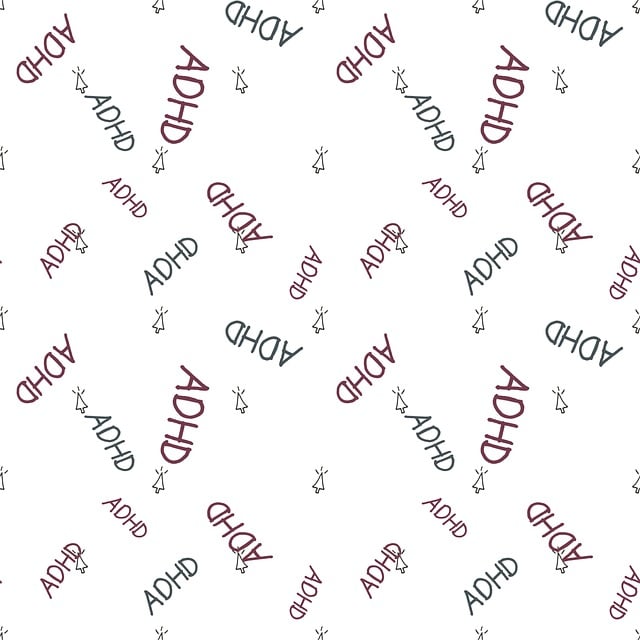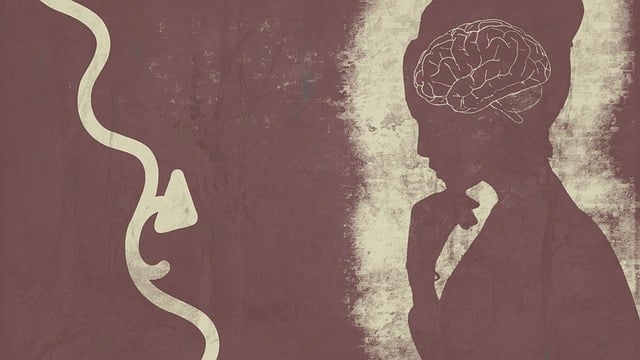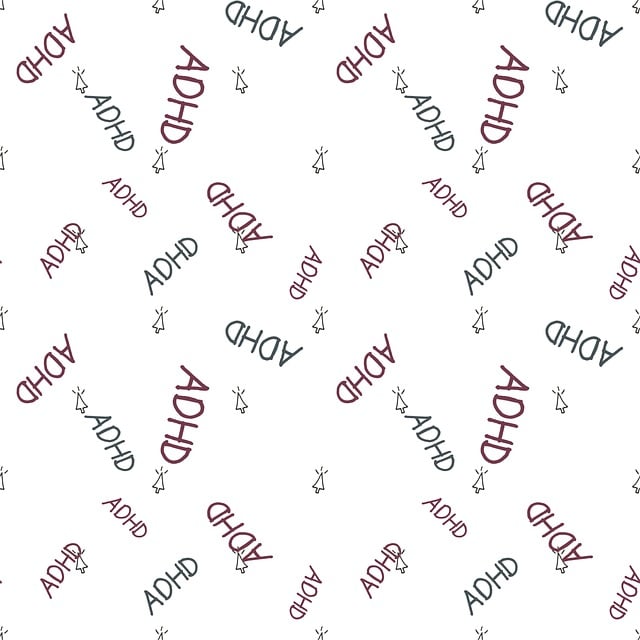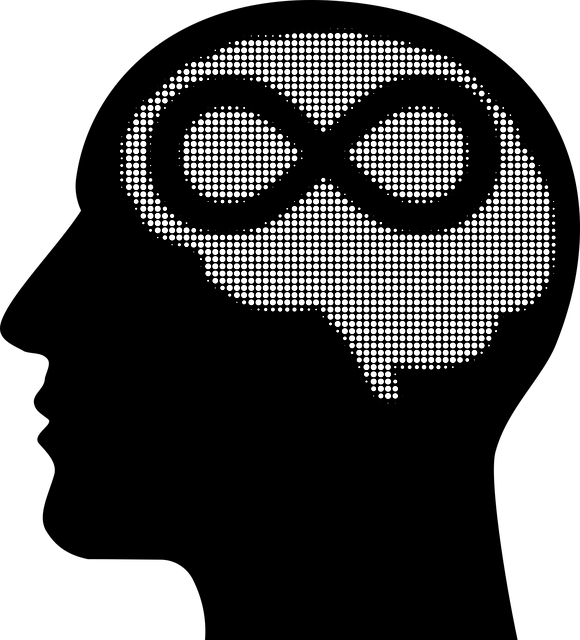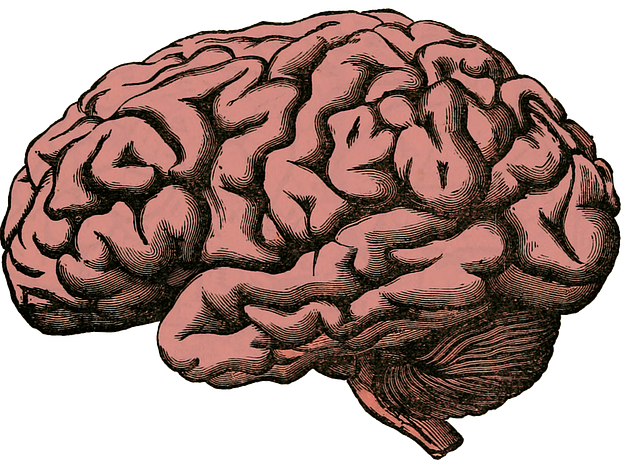The Centennial American Sign Language (ASL) Therapy initiative tackles the complexity of mental illness diagnosis by addressing communication barriers, especially for deaf or hard-of-hearing individuals. This specialized therapy leverages sign language therapists to provide more accurate and inclusive assessments through visual aids, gestures, and journaling exercises. By improving diagnostic accuracy and promoting empathy, CASL therapy revolutionizes mental health support. Holistic approaches like this, combined with technology-aided assessment tools, enhance emotional intelligence, accessibility, and cultural sensitivity in mental health care.
Mental illness diagnosis accuracy has long been a topic of concern, with many challenges impacting effectiveness. This article explores efforts to improve diagnostic accuracy through diverse lenses. We delve into the current state of mental health assessment, highlighting the unique contribution of Centennial American Sign Language Therapy in enhancing accuracy for deaf and hard-of-hearing individuals. Additionally, we discuss innovative techniques, cutting-edge technologies, training initiatives, and community engagement strategies crucial to advancing mental illness diagnosis.
- Understanding the Challenges: Current State of Mental Illness Diagnosis
- The Role of Centennial American Sign Language Therapy in Enhancing Accuracy
- Innovative Techniques and Technologies for Improved Assessment
- Training and Education Initiatives for Healthcare Professionals
- Community Engagement and Support Systems: A Holistic Approach to Diagnosis
Understanding the Challenges: Current State of Mental Illness Diagnosis

Mental illness diagnosis remains a complex and challenging field, particularly as the spectrum of disorders expands and symptoms overlap. The current state demands careful consideration due to several factors contributing to inaccuracies. One significant hurdle is the subjective nature of many assessments, relying heavily on patient self-report and clinical interviews. This approach can be influenced by memory gaps, social desirability bias, or even resistance to discussing personal struggles openly.
Additionally, mental health professionals face a daunting task when dealing with diverse populations, including individuals from different cultural backgrounds and language speakers, such as those for whom American Sign Language (ASL) is their primary form of communication. The Centennial American Sign Language Therapy initiative underscores the need for more inclusive diagnosis methods, ensuring that all patients receive accurate assessments regardless of their linguistic or cultural background. Meanwhile, efforts like Crisis Intervention Guidance and Mental Illness Stigma Reduction Initiatives aim to enhance understanding and support systems, complementing the diagnostic process and fostering a more empathetic approach.
The Role of Centennial American Sign Language Therapy in Enhancing Accuracy

The Centennial American Sign Language (CASL) therapy is transforming mental health support by bridging communication gaps that often hinder accurate diagnoses. This specialized approach recognizes the unique challenges faced by individuals who are deaf or hard of hearing when accessing mental wellness services. By employing sign language therapists, CASL offers a more inclusive and effective evaluation process. Therapists skilled in both mental health and ASL can facilitate detailed discussions about emotional experiences, symptoms, and triggers, ensuring a deeper understanding. This method enhances diagnosis accuracy by allowing for non-verbal expressions and nuances that might be missed through traditional verbal communication.
Moreover, CASL therapy encourages the use of visual aids and gestures, which can aid in emotional regulation. It provides a supportive environment where patients feel more at ease communicating their inner thoughts and feelings, thereby improving their willingness to seek help. This approach also includes guidance on mental wellness journaling exercises and resilience-building strategies tailored to the individual’s needs, fostering a holistic path to improved mental health outcomes.
Innovative Techniques and Technologies for Improved Assessment

The field of mental health assessment is witnessing a significant evolution with the integration of innovative techniques and technologies. One notable example is the use of Centennial American Sign Language (ASL) Therapy, which offers a unique approach to evaluating and supporting individuals with diverse communication needs. This therapy goes beyond traditional verbal assessments, recognizing that non-verbal forms of expression can provide valuable insights into an individual’s emotional state and cognitive functions. By utilizing ASL, therapists can engage clients in a more natural and comprehensive manner, improving diagnostic accuracy, especially for those who find verbal communication challenging.
Additionally, technology-aided assessment tools are becoming increasingly prevalent. Digital platforms and applications designed for mental health screening offer efficient risk management planning for professionals. These tools often incorporate advanced algorithms to analyze responses, identify patterns, and provide immediate feedback, enhancing the emotional intelligence of both assessors and patients. Furthermore, they facilitate emotional healing processes by offering accessible and personalized resources tailored to individual needs. With ongoing advancements, these technologies have the potential to revolutionize mental health diagnosis, ensuring more precise and culturally sensitive practices in the field.
Training and Education Initiatives for Healthcare Professionals

Mental illness diagnosis accuracy has been a growing concern, prompting various initiatives to enhance understanding among healthcare professionals. One notable effort is the rise of American Sign Language (ASL) therapy programs, such as the Centennial ASL Therapy, which focuses on improving communication between healthcare providers and deaf or hard-of-hearing individuals. This specialized training equips mental health professionals with the skills to effectively assess and diagnose mental health conditions in this underserved population.
By promoting Mental Health Awareness, these initiatives aim to reduce the stigma surrounding mental illness and encourage early intervention. Through education on Stress Reduction Methods and Self-Care Practices, healthcare providers gain valuable insights into managing complex cases, ultimately leading to more accurate diagnoses and improved patient outcomes.
Community Engagement and Support Systems: A Holistic Approach to Diagnosis

In addressing mental illness diagnosis accuracy, a holistic approach that involves community engagement and support systems is gaining prominence. This strategy recognizes that mental health is deeply intertwined with social, cultural, and environmental factors. By fostering strong connections within communities, particularly through initiatives like the Centennial American Sign Language Therapy program, healthcare providers can enhance their understanding of individuals’ unique experiences and symptoms. Such engagement not only improves diagnosis but also promotes more effective treatment planning tailored to diverse needs.
Community-focused efforts complement Burnout Prevention Strategies for Healthcare Providers, ensuring professionals remain adept at assessing mental health conditions. This holistic perspective extends to Depression Prevention initiatives, where early intervention and robust support networks can significantly mitigate risks. Moreover, integrating Risk Management Planning for Mental Health Professionals into these community engagement strategies enables practitioners to navigate complex cases with enhanced skillsets, ultimately improving diagnosis accuracy and patient outcomes.
Mental illness diagnosis accuracy has seen significant advancements through a multi-faceted approach. By recognizing the challenges of current practices, integrating innovative techniques and technologies, enhancing education for healthcare professionals, and fostering community engagement, we can improve diagnosis reliability. Specifically, the integration of Centennial American Sign Language Therapy offers a promising strategy to capture nuances missed by verbal methods alone. Ultimately, these efforts not only lead to more accurate diagnoses but also foster a holistic support system that benefits individuals living with mental health conditions.



